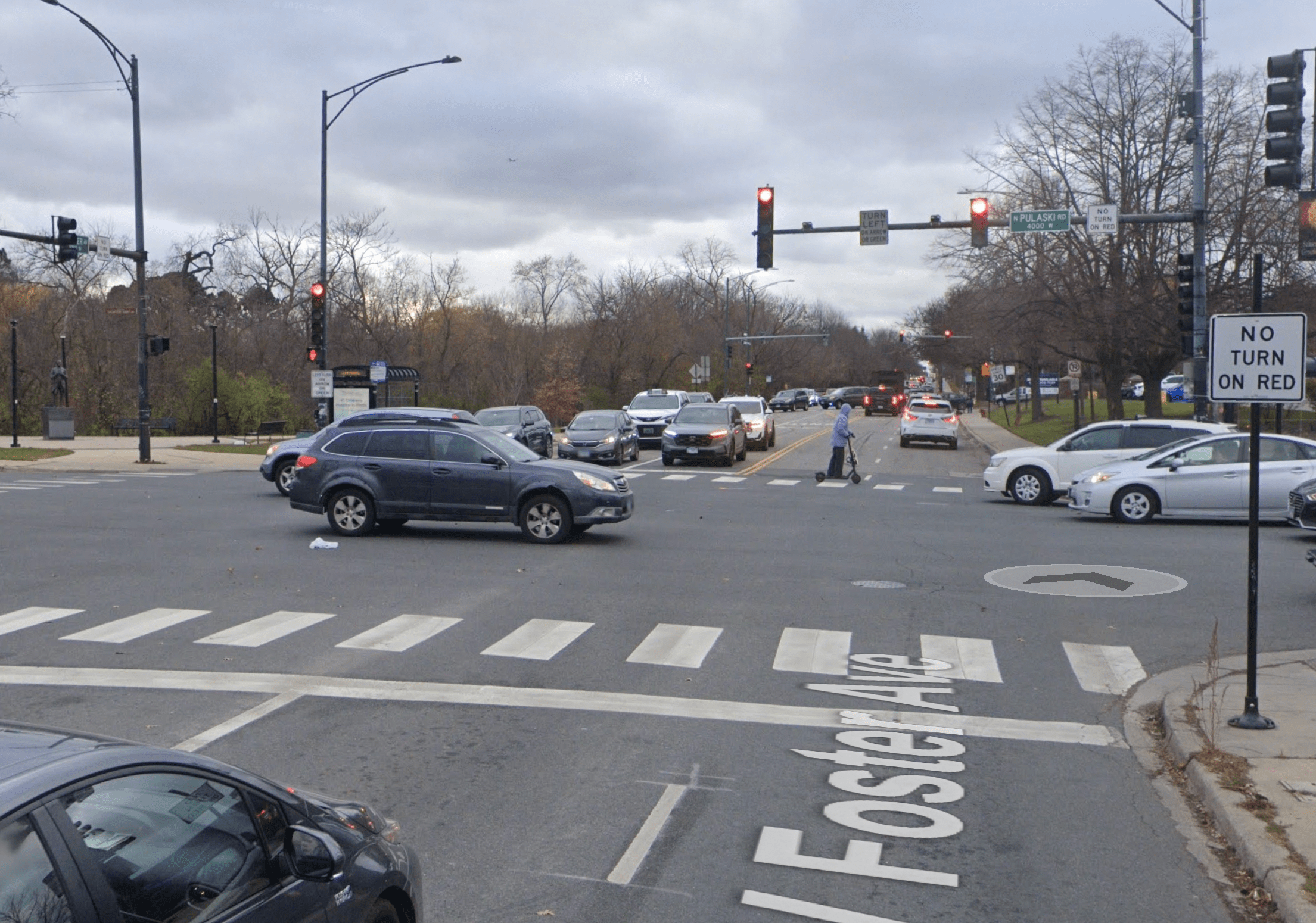As soon as some consensus emerges about a demographic trend pointing to positive signs for cities, you can count on leading suburban crusader Joel Kotkin to say the experts have it wrong. Kotkin would like you to believe that he's the one true voice in demographic trends, and in his view, it's always the suburbs that come out on top.

Kotkin's latest assures us that, contrary to what we might have seen or heard, baby boomers are not moving back to cities and, indeed, love the suburbs as they never have before.
But Kotkin is railing against a straw man, says Richard Layman at Network blog Rebuilding Place in the Urban Space:
I think he mis-states what pro-city people are saying about the trend and the velocity of people moving back to the city. People of all ages, including the aged, are moving back to the city. But it's about percentages and trends.
In short, the millions of people who moved to the suburbs from the 1950s to the 1970s who are now 40 to 60 years older, are not moving back to the city at the same rate they left the city -- which is a good thing for those of us in the city.
But enough people are moving to the city so that it's noticeable -- and undeniable -- and this has been going on for more than 10 years -- I remember being first exposed to the concept at a conference in 2003, and that person (the director of the Responsible Hospitality Institute) had been on the circuit making the same point for a few years at that time.
And yes, suburbs are screwed because they have to build an infrastructure to support people who can no longer be independent, whereas in the city that kind of infrastructure already exists or can be adapted for such use in a relatively economically efficient manner.
Elsewhere on the Network today: Bike Portland writes that the city's popularity is threatening to price people out of bikeable communities. Better Institutions ponders the fairest and best affordable housing strategies for increasingly attractive cities. And Reno Rambler points out that it's not terribly productive for cyclists to stereotype other cyclists.



